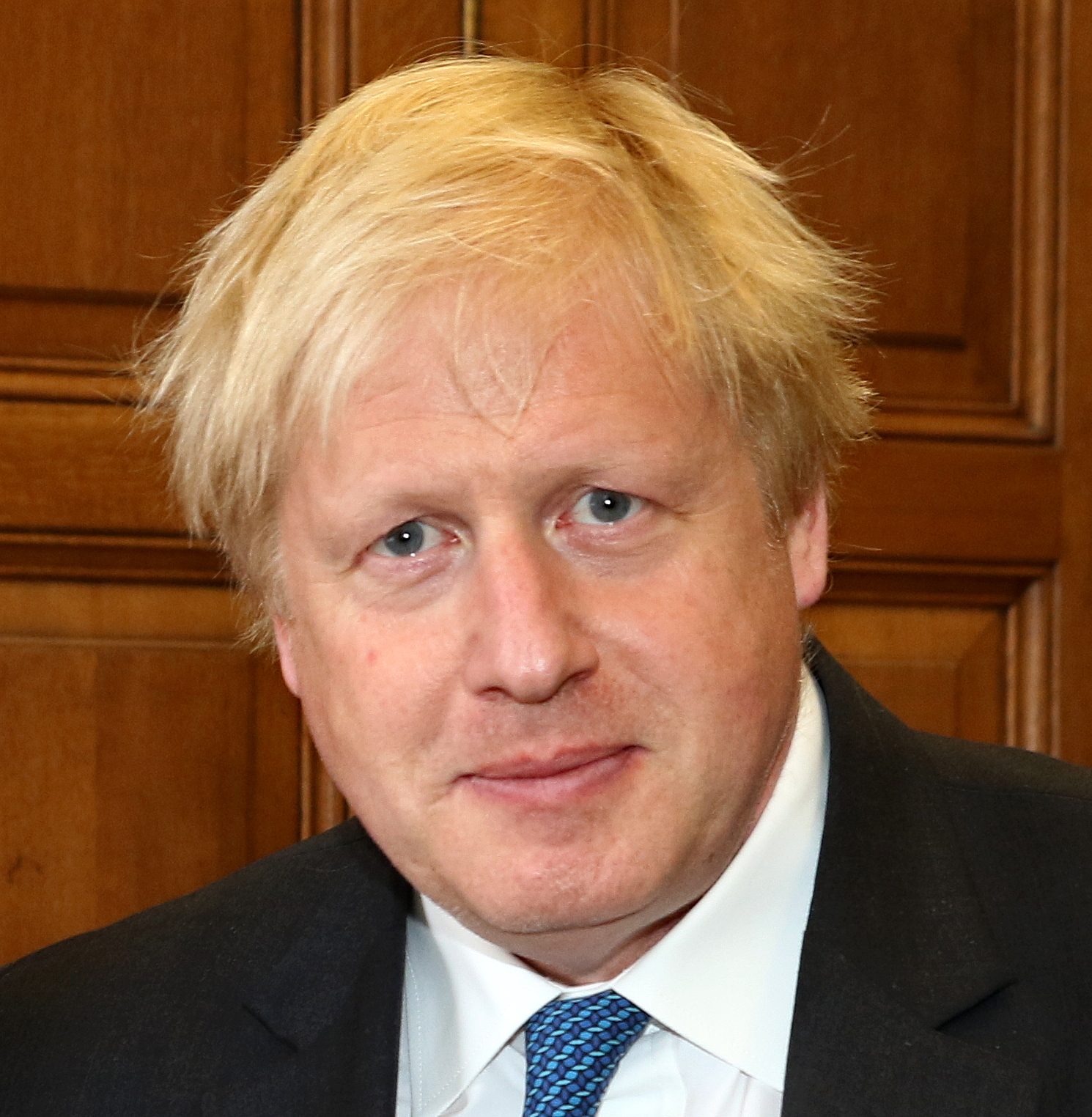Boris Johnson has been forced to resign as Conservative Party leader and is scheduled to be replaced as prime minister on September 5 after summer voting by members of his Conservative party.
The final two candidates standing for election as leader and prime minister were Rishi Sunak, former chancellor, and Liz Truss, foreign secretary.
Johnson said he would stay on as prime minister until a new leader was selected but former prime minister John Major said this was unwise, echoing fears by some Conservative MPs and many others about leaving Johnson in charge for months.
Even as the leadership campaign grabbed media headlines, Johnson’s messy legacy was raising concerns:
- London’s Metropolitan Police finally admitted they did not send questionnaires to Johnson before deciding not to fine him for attending covid rule-breaking gatherings in Downing Street on 13 November 2020 and the Cabinet Office on 17 December 2020.
The Good Law Project forced the admission in a court case seeking a judicial review of police action in the Partygate scandal which largely forced Johnson’s resignation. - Johnson was reported to be planning to create 39 new members of the House of Lords to help push through controversial government laws on Brexit and other issues.
A number of senior Lords opposed the move and the speaker of the Lords wrote to both Conservative leadership candidates warning such plans risked undermining “public confidence in our parliamentary system”.
Johnson has already created 86 new peers – a number of them questionable and at least two over objections from the House of Lords vetting committee or the security services. His planned appointments would bring the total Lords to more than 800. - The House of Commons privileges committee was examining whether the Prime Minister was in contempt of Parliament for misleading MPs over the Partygate scandal but may not report until well into the autumn.
If Johnson is found to have lied to Parliament and handed a suspension for 10 or more sitting days he could be forced to face a by-election. - And there was even a Conservative petition demanding Johnson be added to the Tory leadership race ballot paper set to be delivered to party members at the end of July.
David Campbell Bannerman – a former Tory MEP, who set up the petition alongside Conservative peer Lord Cruddas – said it would be “suicidal” for the party if Johnson were to leave Downing Street and replacing the PM would be “guaranteeing a Labour victory” at the next election.
The petition backers claimed more than ten thousand Conservative members had signed it.
The Conservative Party 1922 Committee which sets party rules announced a leadership election timetable which had the first vote by Conservative MPs on July 13, elimination of all but two final candidates by July 21 when Parliament recessed for the summer, and final voting for their new leader by an estimated 160,000 Conservative Party members over the summer.
11 MPs originally announced they would stand for leader and a total of 8 were nominated.
Sajid Javid, the health minister who led the mass resignations from Johnson’s government, failed to get enough votes of support from fellow MPs to stand for election.
On July 12 Johnson’s government blocked an Opposition Labour Party motion for a no confidence vote by refusing to allow time for debate and a vote. It was a major break with Parliamentary convention.
A Labour spokesperson commented: “This clapped-out government is running scared and refusing to allow time to debate Labour’s vote of no confidence motion. This is totally unprecedented. Yet again the Tories are changing the rules to protect their own dodgy mates. All the Tory leadership candidates should denounce this flagrant abuse of power to protect a discredited Prime Minister.”
In reality it was questionable whether a motion of no confidence would actually get enough votes from Conservative MPs to pass as it could trigger a general election.
The final chapter in Johnson’s downfall began on June 29 when Chris Pincher, his deputy chief whip, was accused by two men of groping them at a private London club. The next day Pincher resigned his position.
The prime minister at first declined to suspend him from the Conservative party, then did so a day later after a formal complaint to Parliament’s independent complaints system, and spent four days orchestrating ministers and spokespeople to deny that he knew about earlier allegations of sexual misconduct when he appointed him deputy chief whip.
Journalists – as they had particularly for the past six months – revealed further allegations against Pincher, a man Johnson is said to have referred to as “Pincher by name, pincher by nature” in a claim by former Downing Street aide Dominic Cummings.
On Tuesday July 5 Simon McDonald, a crossbench peer who had been the most senior official in the foreign office, directly and specifically contradicted the prime minister’s version of events as he told the parliamentary standards commissioner that Johnson was briefed in person about a 2019 complaint of alleged groping by the former Conservative deputy chief whip.
It was a highly unusual act for a man who spent four decades as a diplomat and senior civil servant dealing with a string of hugely sensitive issues and advising prime ministers and foreign secretaries and publicly mainly supporting the status quo.
A Johnson spokesperson said the prime minister had forgotten about the briefing.
Within less than 12 hours two key senior ministers – Chancellor Rishi Sunak and Health Minister Sajid Javid – resigned from the cabinet, both questioning the Johnson government’s competence and integrity.
More than 50 other ministers, parliamentary private secretaries and senior aides followed in the next two days including two that Johnson had just appointed to a new cabinet.
One – Michael Gove, cabinet secretary for levelling up – was fired after he urged Johnson to resign and a Downing Street source called him a “snake”, widely seen as payback for Gove derailing Johnson’s leadership campaign in 2016 after they worked closely together on the Vote Leave campaign in the Brexit referendum.
In a perhaps ironic postscript to Johnson’s final week, Labour leader Keir Starmer escaped his own resignation as party leader when Durham police announced on July 8 they would take no further action on allegations that Starmer and his deputy Angela Rayner broke covid lockdown rules.
Both had promised to resign if they were found to have broken the rules while campaigning during a byelection campaign in Hartlepool.
Boris Johnson resigns
Boris Johnson statement
Rishi Sunak and Liz Truss final 2 candidates for leader
Calls for Johnson to leave immediately
Metropolitan police admit not sending questionnaire to Johnson
Plan to stack House of Lords
Lord Speaker warns against stacking plan
Commons privileges committee explainer
Conservative Home warning to privileges committee – be careful what you wish for
Petition to put Johnson on leadership ballot
Johnson petition website
Conservatives decide leadership campaign rules
Eight leadership candidates
Johnson government blocks Labour no confidence motion
Johnson determined to deliver on his 2019 election mandate
Chris Pincher suspended
Chris Pincher timeline
Downing Street’s changing storyline on Chris Pincher
Senior civil servant contradicts Johnson claims
Simon Macdonald
Boris Johnson “forgot” briefing on Chris Pincher
Sajid Javid and Rishi Sunak resign
Javid and Sunak resignation letters
More than 50 senior government politicians resign
Michael Gove sacked
Inside Johnson’s downfall – Bloomberg news
Boris Johnson’s downfall – New York Times
Starmer and Rayner cleared by Durham police








